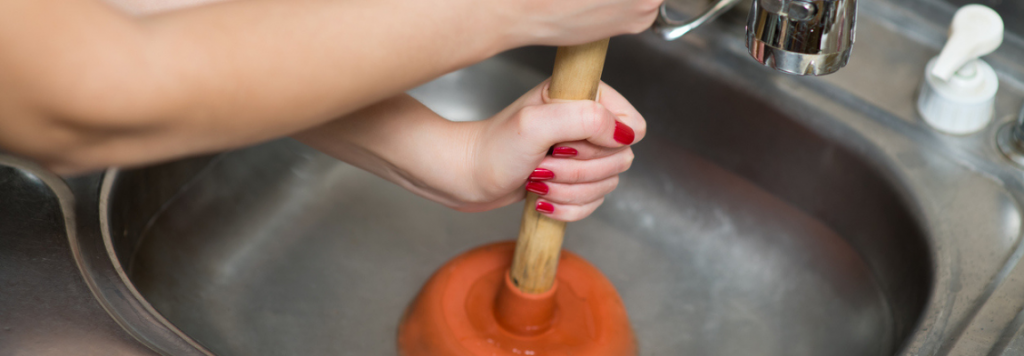Home » Residential » Tenant Guides » Blocked Drains
Blocked Drains and Toilets

As a tenant, encountering blocked drains or toilets can be frustrating. However, understanding your responsibilities and taking proactive steps can help you manage these issues effectively. Let’s dive into some practical advice:
Know Your Responsibilities
Your landlord is responsible for maintaining the drains and plumbing in your property; if is your responsibility not to block those drains.
If the drains or a toilet in your home are blocked, it’s likely caused by actions of the tenants. Purple Frog will happily help you with blockages, however, if we send a contractor and find that the fault is caused by your actions, you will be charged for the contractors time, so it’s often best to try some of our self help steps first.
Preventive Measures
Avoid Flushing Inappropriate Items
Only flush pee, poo, and paper down the toilet. Wet wipes, cotton buds, nappies, sanitary, and other items can cause blockages.
Kitchen Sink Care
Fat and grease can clog kitchen sinks; do not poor them down the sink drain. They can be safely disposed of with your normal kitchen waste.
Regular Maintenance
Keep an eye on your drains. Promptly report any issues to your landlord or property management.
Self Help Solutions
Plunger
The trusty plunger can work wonders. Use it to clear minor toilet blockages.
Hot Water and Dishwashing Liquid / Drain Blocker
Pour a mixture of hot water and dishwashing liquid down the toilet. This can help break down blockages. This is a relatively inexpensive method, if it doesn’t work, you can use sink and drain unblocking products which will be available from most supermarkets.
Remove Hair
If it’s your shower/bath drain which is blocked, or draining slowly, it’s very likely caused by hair getting trapped.
In older showers, you can try this technique, demonstrated in a video. In more modern showers, you may be able to take the ‘trap’ apart, making it easier to reach any clogged hair.
When to Contact Your Landlord
If self help methods fail, contact your landlord or property management promptly.
Do not attempt major repairs yourself. You might inadvertently cause more damage.
What If It’s Not Your Fault?
Sometimes, it’s not the tenant or landlord responsible for the drains. Local water authorities handle shared drainage or a blockage from a next door property could case the problem. Get in touch with your landlord if you think this is the case.
